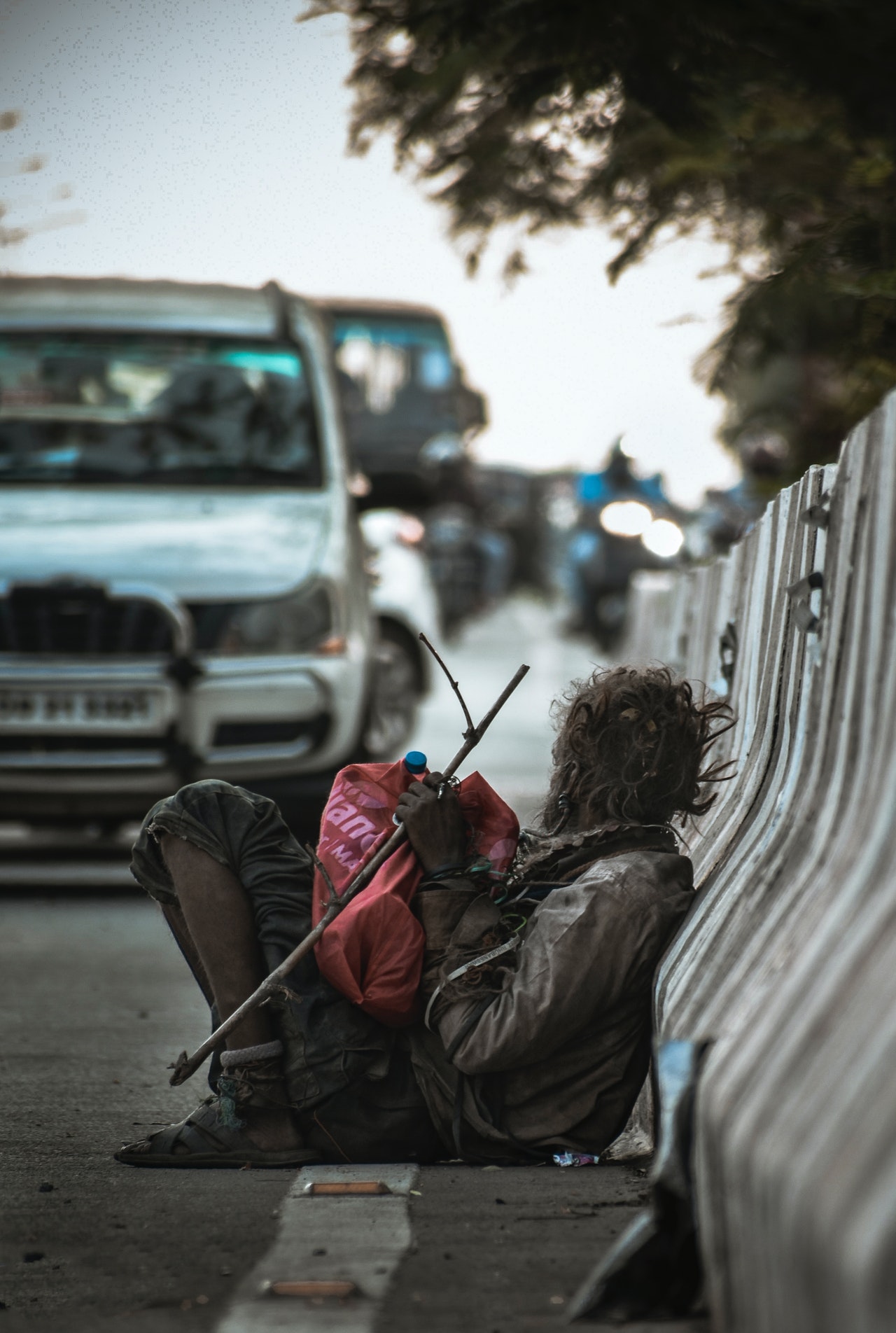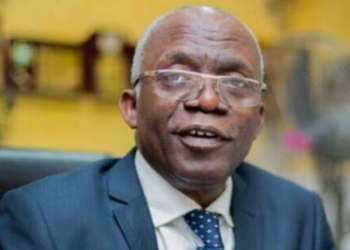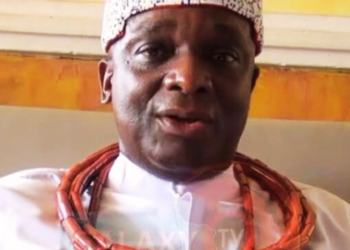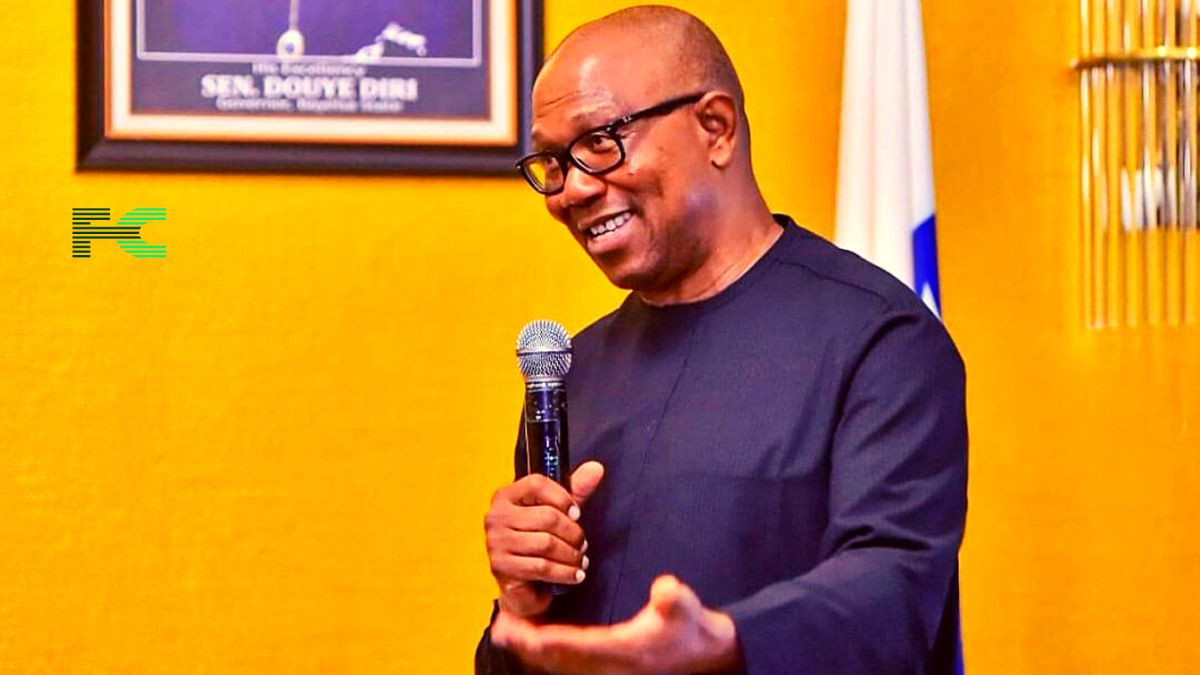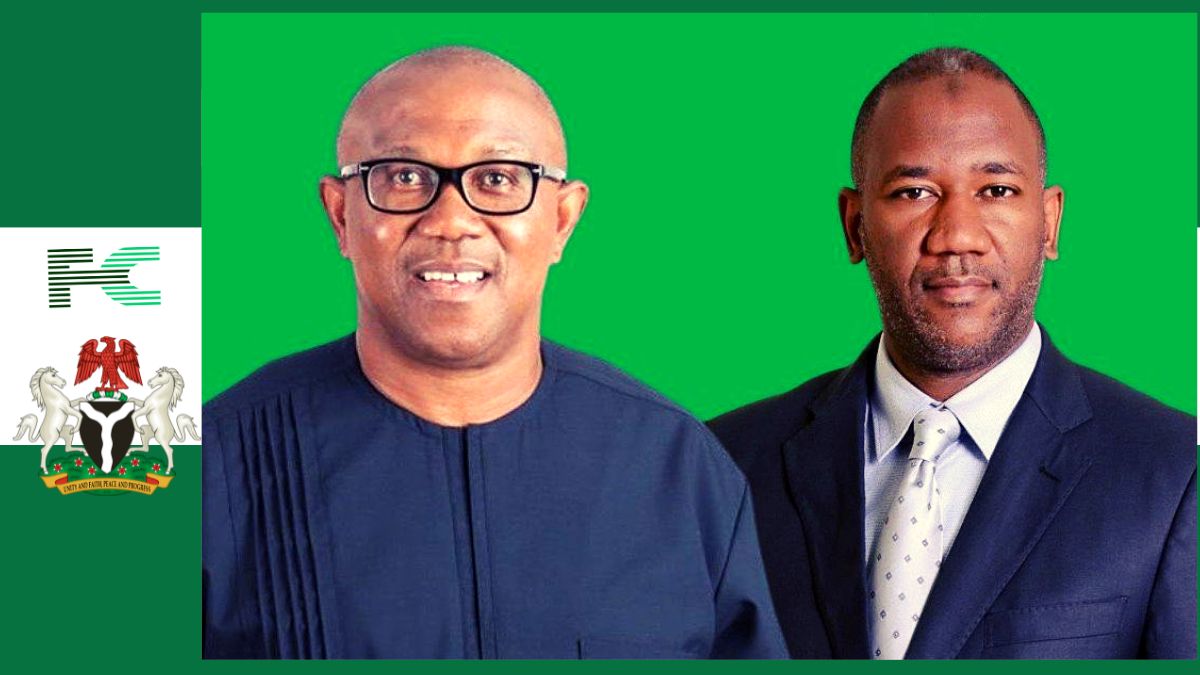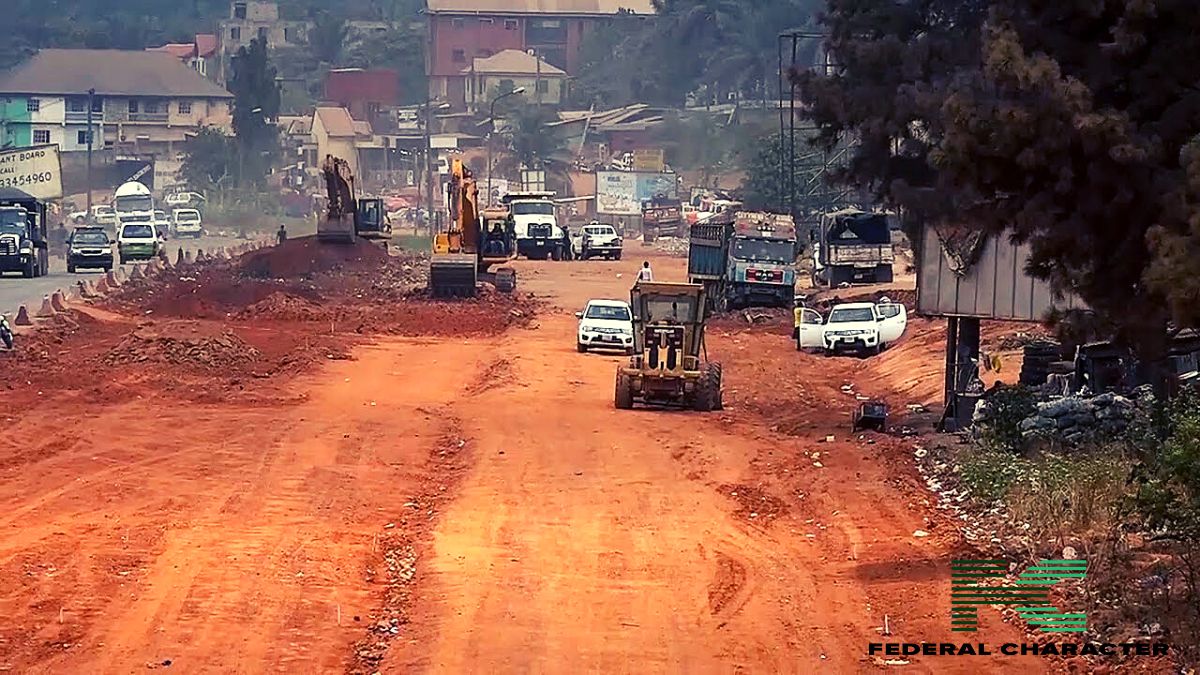Currently the poverty rate in Nigeria is capped at 40 percent with the Northern parts of Nigeria leading with people living in extreme poverty. Living in Nigeria and seeing the level of poverty around, I am tempted to think that the poverty rate is way above 40 percent. If you often spend time on the road, thanks to Lagos traffic (side eye), while you may or may not have experienced poverty, seeing children hawk the living daylights out of their lives can give you a glimpse of what growing up in poverty is like.
Unlike their peers who spend time in school, these children are forced to become adults and are saddled with the responsibility for catering for themselves and their families.
Poverty is the lack of food and basic shelter that is essential for life sustenance and this lack is caused by various factors such as:
- Low Income: One of the root cause of poverty globally is the lack of good income. Low earning ultimately affects every other areas of a person’s life as they mostly work to eat and are unable to adequately provide for other areas of their life, proper healthcare, housing, education etc.
- Conflicts/Social Unrest: Due to communal clashes, banditry, terrorism etc., families have had to abandon their farmlands and homes
- Poor Healthcare: A large percentage of population in Nigeria suffer malnutrition, lack of access to basic healthcare and suffer illnesses. Oftentimes these people live very far from hospitals and resort to the local methods of treatment which can be hazardous to their health. Hospitals are sometimes the last resort until the sickness becomes life-threatening.
- Illiteracy: Countries with high illiteracy tend to be amongst the poorest as illiteracy has been seen to cause a huge setback in economic growth. Literacy strengthens communities and reduced the tendency for marginalization and exclusion. Also people make informed decisions due to awareness that literacy brings and also improves the economy. Local businesses can explore more options for growth, people can make more informed decisions regarding healthcare and become more involved in the economy and politics of their society.
- Inconsistency in government policies: Sometime in Jan 2020, the Lagos state government issued a ban on hide hailing services and this caused a shutdown on people’s source of livelihood. A vast majority were thrown back into poverty as they had no other stable source of income and even education. Inconsistent government policies have a played a major factor in businesses closing up and increasing the rate of unemployment.
Living in poverty is known to create a myriads of effects that often ends up haunting the people living in it, the political economy of a state or country and the world at large. Issues of armed robbery, kidnapping, extortion, high level of corruption, unsafe health practices etc. are prevalent due to poverty. Over the years, there have been an increase in empowerment schemes, renovation of infrastructures, advocacy for increase in minimum wage and healthcare services, promotion of free education to reduce the poverty rates but corruption has eaten deep into various sectors of the economy so much that the efforts of both individuals and certain groups do not seem like any progress have been made at all.

